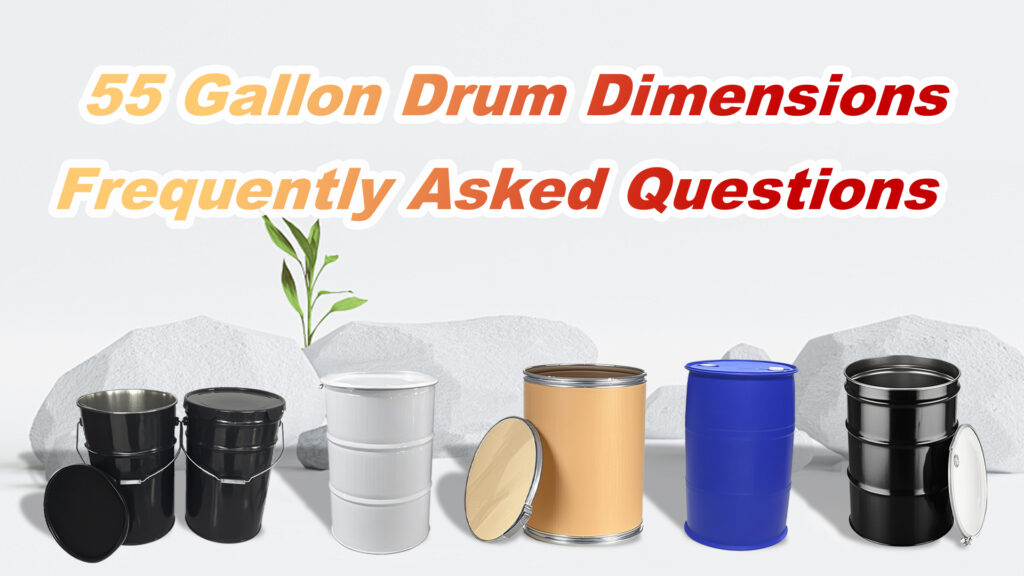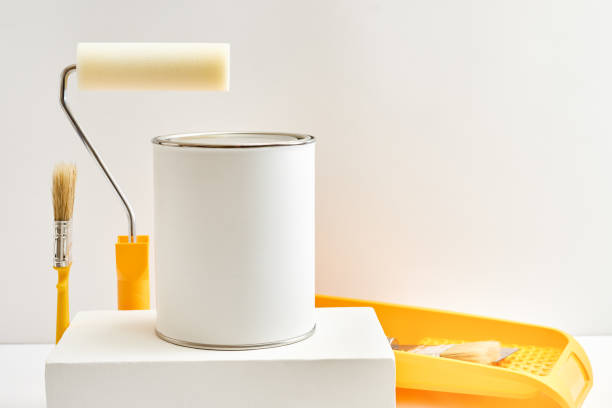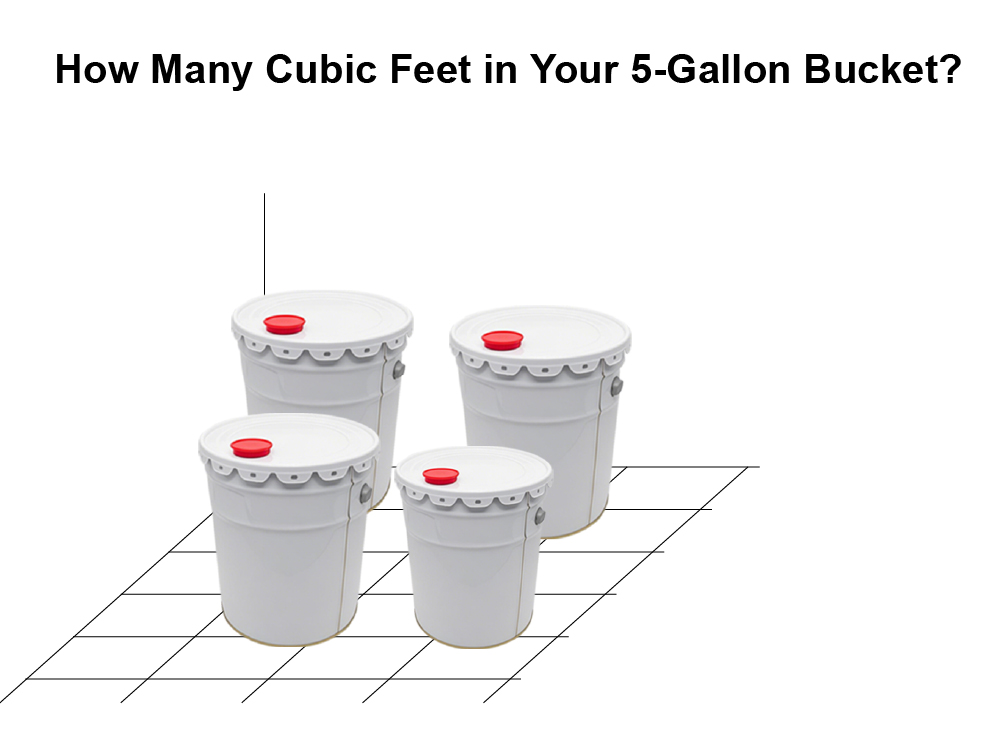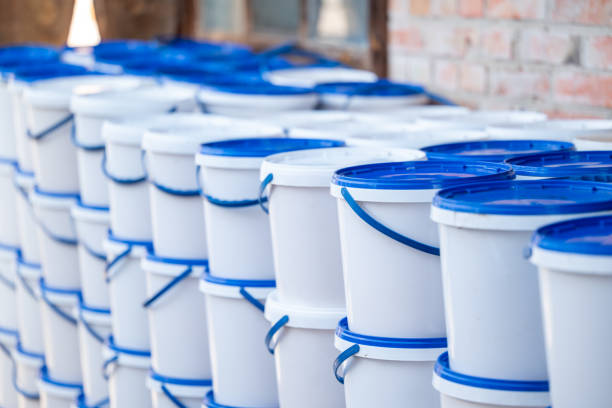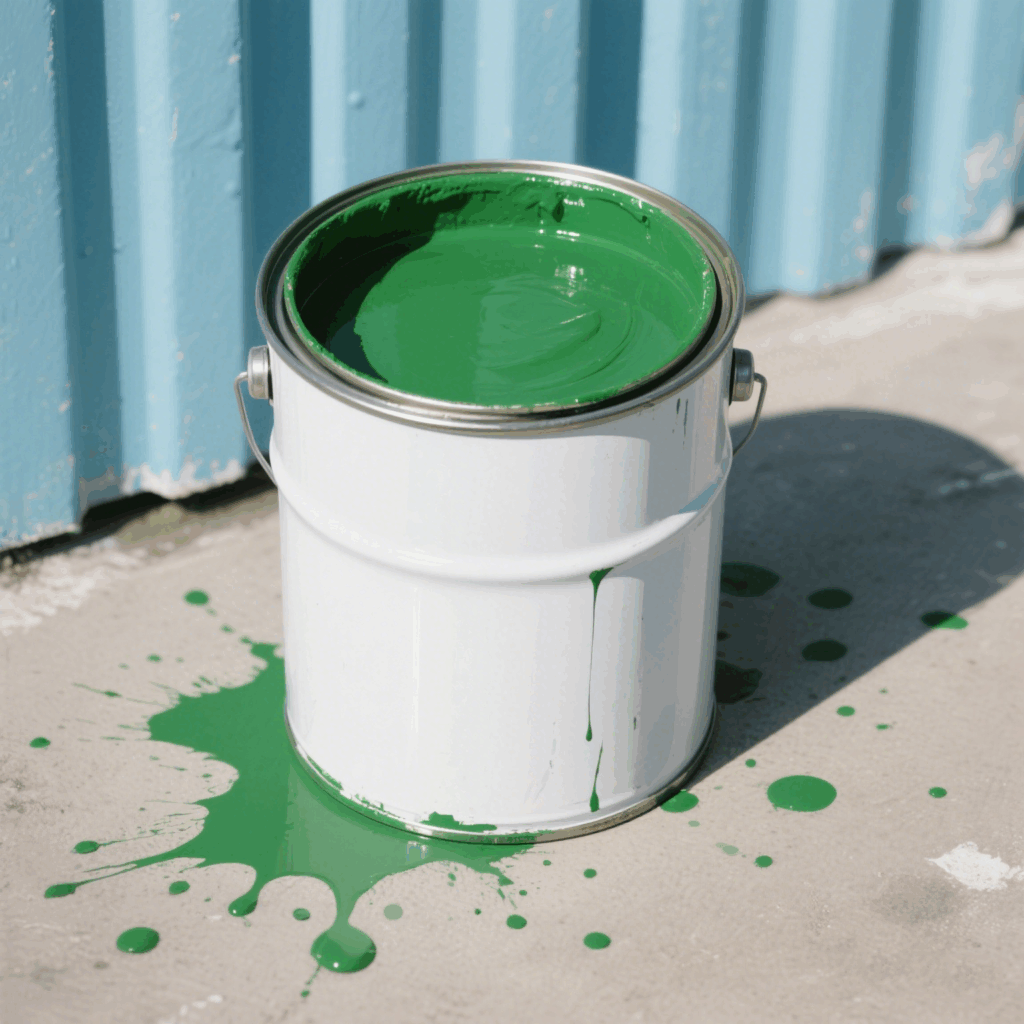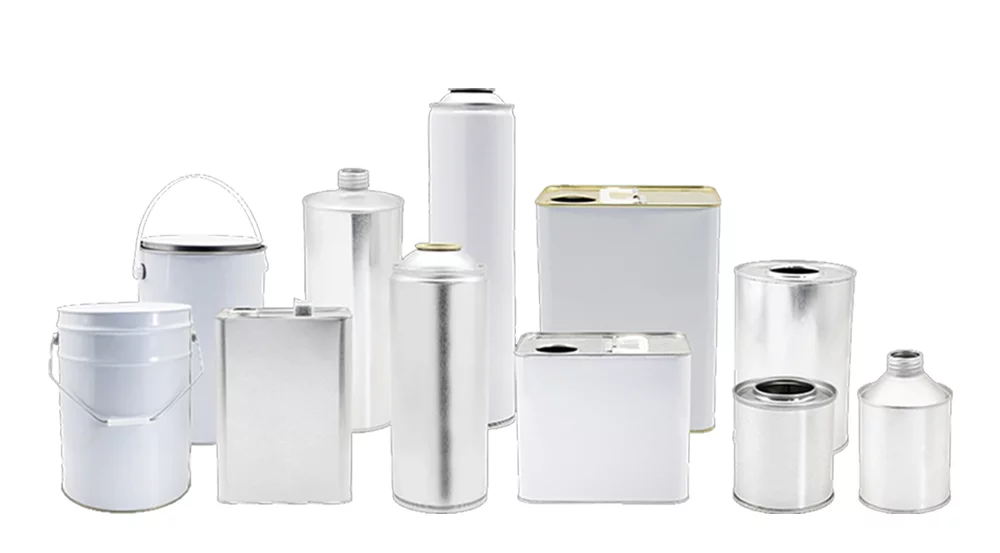As car owners, safety is always a top priority—especially when it comes to handling the fluids that keep our vehicles running. One question many people ask is: “Is brake fluid flammable?” The short answer is Ja, but the full answer requires a closer look.
In this guide, I’ll break down what you need to know about brake fluid flammability from a user’s perspective—whether you’re topping it off in your garage, dealing with a spill, or worried about a fire risk. I’ll also share practical safety tips, real-world scenarios, and answers to frequently asked questions.
What Is Brake Fluid Made Of?
Brake fluid is a hydraulic fluid used in your vehicle’s brake system. It transfers force from the brake pedal to the brake pads. There are different types of brake fluid, and their chemical makeup affects flammability.
| Type | Base Material | Boiling Point (Dry) | Ontvlambaar? |
|---|---|---|---|
| PUNT 3 | Glycol ether | ~205°C (401° F) | Ja |
| PUNT 4 | Glycol ether + borate | ~230°C (446° F) | Ja |
| PUNT 5 | Silicone-based | ~260°C (500° F) | Less likely |
| PUNT 5.1 | Glycol-based | ~260°C (500° F) | Ja |
Most vehicles use PUNT 3, PUNT 4, of PUNT 5.1, all of which are flammable under high heat.
Dus, Is Brake Fluid Flammable?
Ja, brake fluid is flammable, but it doesn’t ignite as easily as gasoline or alcohol. It needs very high temperatures—typically above 200° C (392° F)—to catch fire.
Echter, in real-world scenarios like engine fires or hot brake systems, those temperatures are very possible. That’s why brake fluid should always be treated as a flammable substance.
How Brake Fluid Behaves Around Heat
Let’s talk about what happens when brake fluid is exposed to high temperatures:
-
Evaporation and vapor formation: Brake fluid can boil when overheated, producing vapors that are even more flammable than the liquid itself.
-
Fuel for engine fires: If a leak occurs near hot engine components, brake fluid can catch fire and fuel the flames.
-
Brake fade or failure: High heat doesn’t just risk fire—it also causes brake performance to drop as the fluid loses its ability to transmit force.
In short: heat + brake fluid = a serious safety concern.
Real-World Fire Risk Examples
Many garage fires have been made worse—or started—because of spilled brake fluid. Here’s how:
-
Spilled brake fluid on hot surfaces (like a brake rotor or engine block) can ignite.
-
Cloths soaked in brake fluid and left near a heat source can spontaneously combust.
-
Brake fluid leaks during an accident can increase fire risk if a spark or high temperature is present.
How to Store Brake Fluid Safely
If you’re like me and do your own car maintenance, here are the must-follow rules for brake fluid storage:
-
Keep it in a cool, dry place away from direct sunlight or heat.
-
Store it upright and tightly sealed to avoid evaporation and contamination.
-
Keep away from flammable objects, open flames, or electrical appliances.
-
Use proper containers only—never reuse non-compatible bottles or cans.
What to Do If Brake Fluid Spills
Accidents happen. If you spill brake fluid:
-
Ventilate the area onmiddellijk.
-
Wipe up with absorbent material like paper towels or kitty litter.
-
Dispose of the waste properly—do not throw it in regular trash.
-
Clean the surface with soap and water to remove any flammable residue.
⚠️ Never use brake fluid to clean parts or surfaces—it’s not a degreaser and it’s a fire hazard!
How to Handle Brake Fluid Fires
If brake fluid ever catches fire:
-
DO NOT use water—it can spread the burning fluid.
-
Use a Class B or ABC fire extinguisher, which is effective against flammable liquids.
-
If the fire is out of control, evacuate and call emergency services onmiddellijk.
Is Old Brake Fluid More Flammable?
Surprisingly, aged brake fluid can be even more dangerous. Na verloop van tijd, it absorbs moisture (especially DOT 3 En 4), which lowers its boiling point and may cause steam formation in the brake lines. This doesn’t necessarily make it more flammable, but it increases the risk of brake failure and overheating.
That’s why you should replace brake fluid every 2 years or 30,000 miles (or as your manual suggests).
FAQs About Brake Fluid Flammability
Q: Can brake fluid catch fire by itself?
A: Not easily. It needs high temperatures (above 200°C) to ignite. But in certain conditions—like engine fires or hot surfaces—it can absolutely catch fire.
Q: Is DOT 5 brake fluid flammable?
A: PUNT 5 is silicone-based and generally less flammable than glycol-based fluids, but it’s not completely fireproof.
Q: Is brake fluid more flammable than gasoline?
A: Nee. Gasoline has a much lower flash point and ignites easily at room temperature. Brake fluid requires higher heat to catch fire.
Q: What should I do if brake fluid spills on a hot engine?
A: Turn off the engine immediately. Let it cool. If smoke or fire appears, use an ABC fire extinguisher.
Q: Is it safe to keep brake fluid in my car?
A: Only keep it in your car temporarily and store it in a cool, secure place. Avoid keeping it there in hot weather.
Final Thoughts
While brake fluid isn’t as volatile as gasoline, it’s still flammable and should be handled with care. Whether you’re a DIY mechanic or just checking your levels, it’s essential to understand how brake fluid behaves and the risks involved.
By following the safety tips and staying informed, you can avoid accidents and keep your vehicle—and yourself—safe.
















